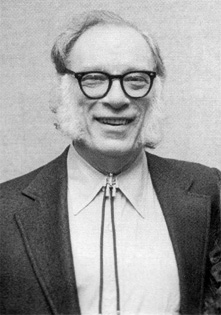
 Isaac Asimov (Isaac Asimov, born Isaak Yudovich Ozimov; January 2, 1920, Petrovichi, Shumyachsky district, Smolensk region, Russian SFSR, – April 6, 1992, New York, U.S.) was an American science-fiction writer popularizer of science, a biochemist.
Isaac Asimov (Isaac Asimov, born Isaak Yudovich Ozimov; January 2, 1920, Petrovichi, Shumyachsky district, Smolensk region, Russian SFSR, – April 6, 1992, New York, U.S.) was an American science-fiction writer popularizer of science, a biochemist.
Author of about 500 books, mainly fiction (primarily in the science fiction genre, but also in other genres: fantasy, detective, humor), and popular-scientific (in a variety of fields – from astronomy and genetics to the history and literature studies).
Probably, it is difficult to find someone who has read all the books by Isaac Asimov, so we offer you the most memorable quotes from his best works:
___________________
“Take a Match”
… life is a chain of losses. You lose the youth, parents, favorites, friends, pleasures, health, and finally, life itself. You may not accept this – and still going to lose.
___________________
“Nemesis”
Fear is necessary, it makes you careful and keeps you alive.
___________________
“Fantastic Voyage II”
It is easy to be generous at the expense of others.
___________________
“Fantastic Voyage II”
…the dissatisfaction with the current state of affairs has pushed mankind to create civilization and culture. Life satisfaction leads to stagnation and degradation…
___________________
“Baby, It’s Cold Outside”
…golden glow of money contributes to a luxury honeymoon, but when we have to think about life seriously, money is not enough.
___________________
“Baby, It’s Cold Outside”
There is not a greater pleasure all over the world to feel the pain receded.
___________________
“The Last Answer”
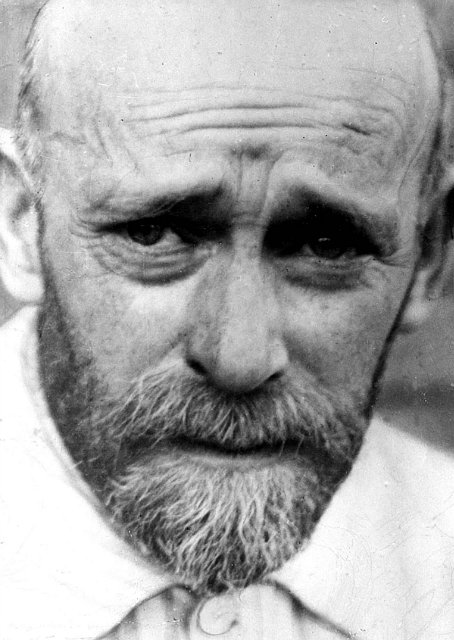

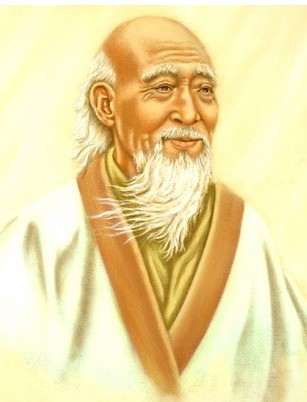



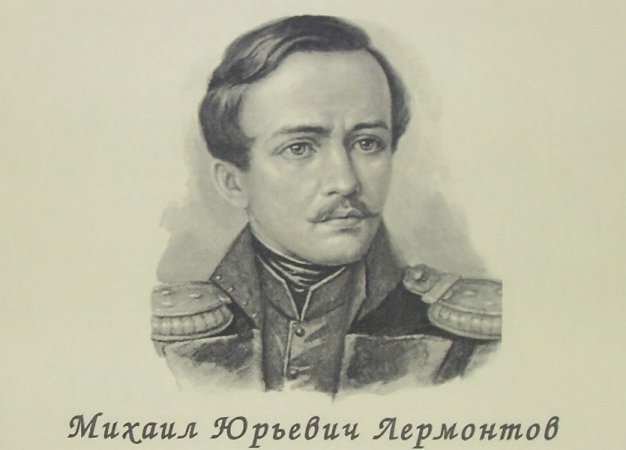

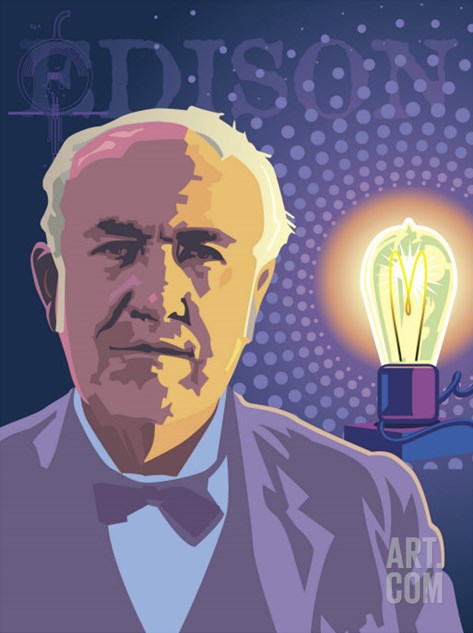

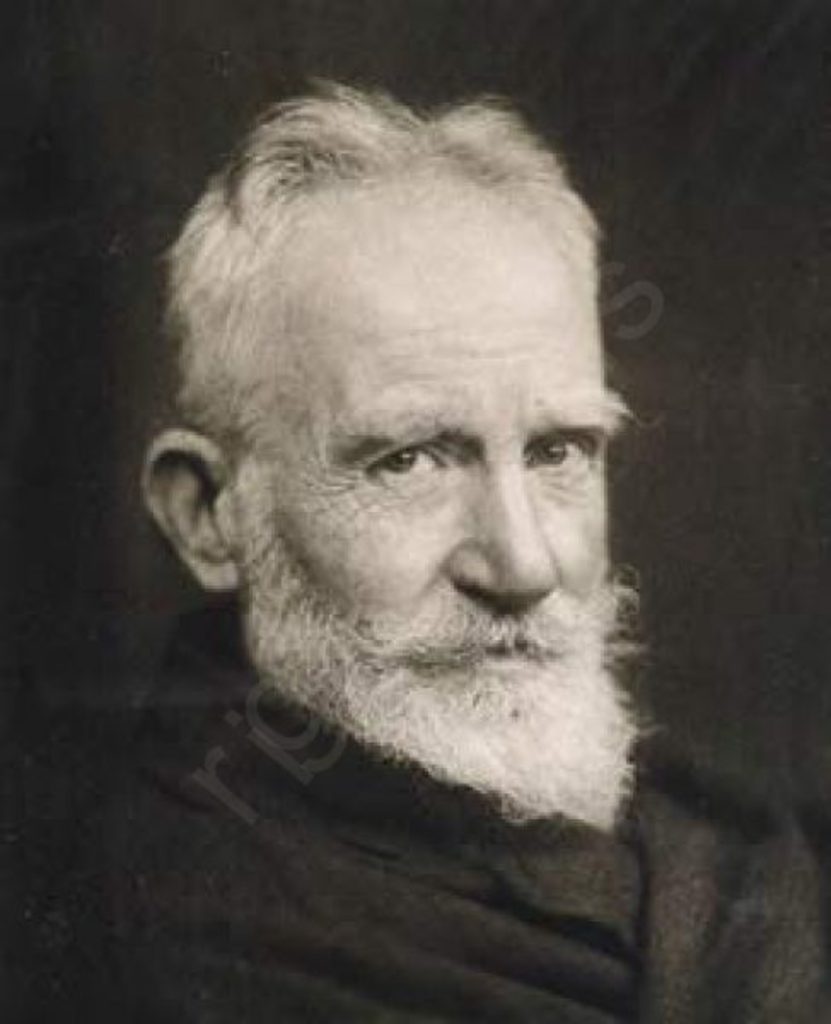



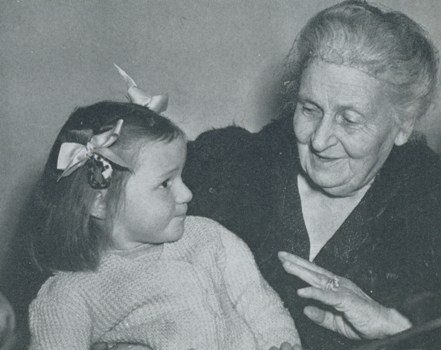

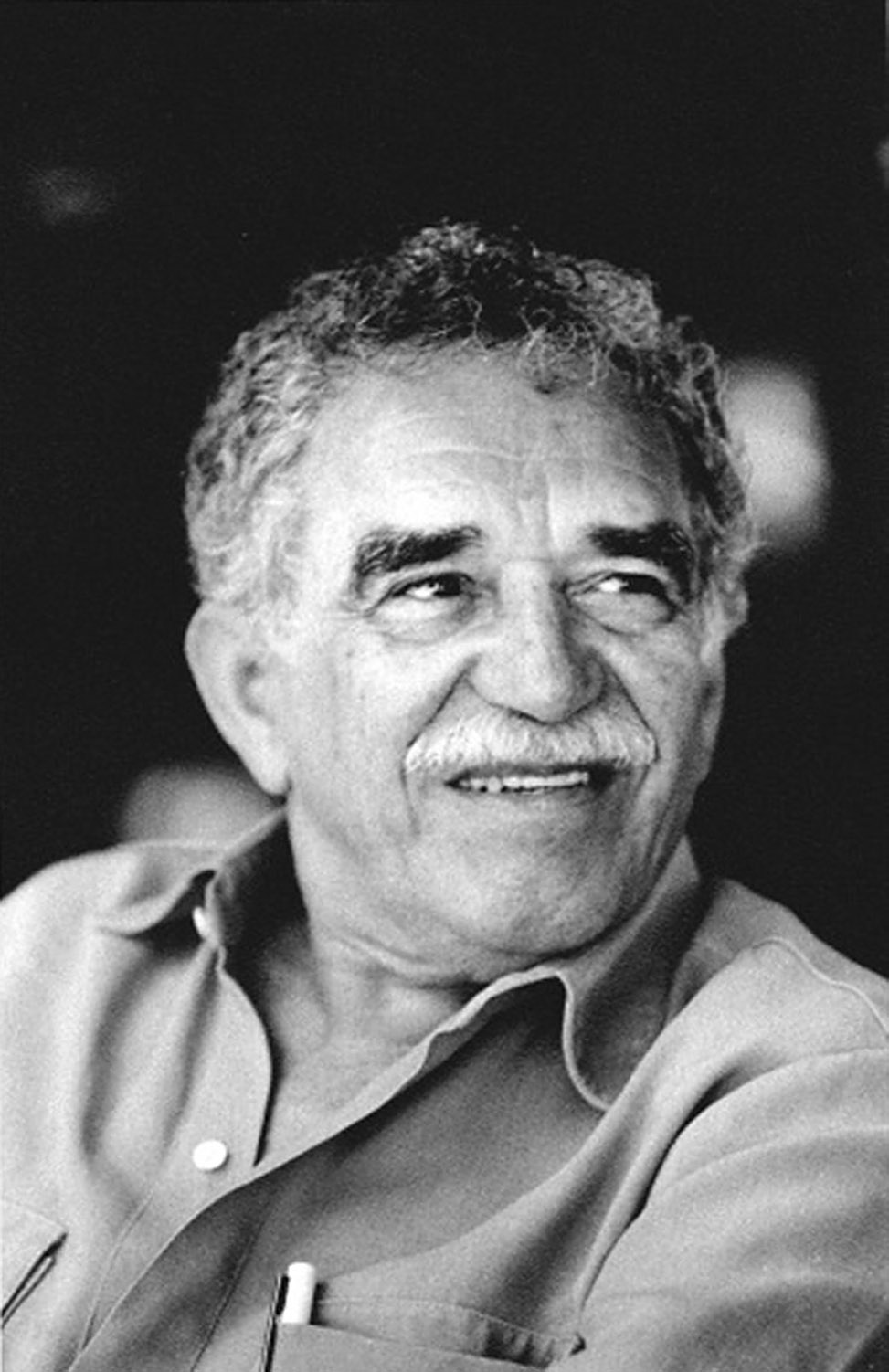

Recent Comments